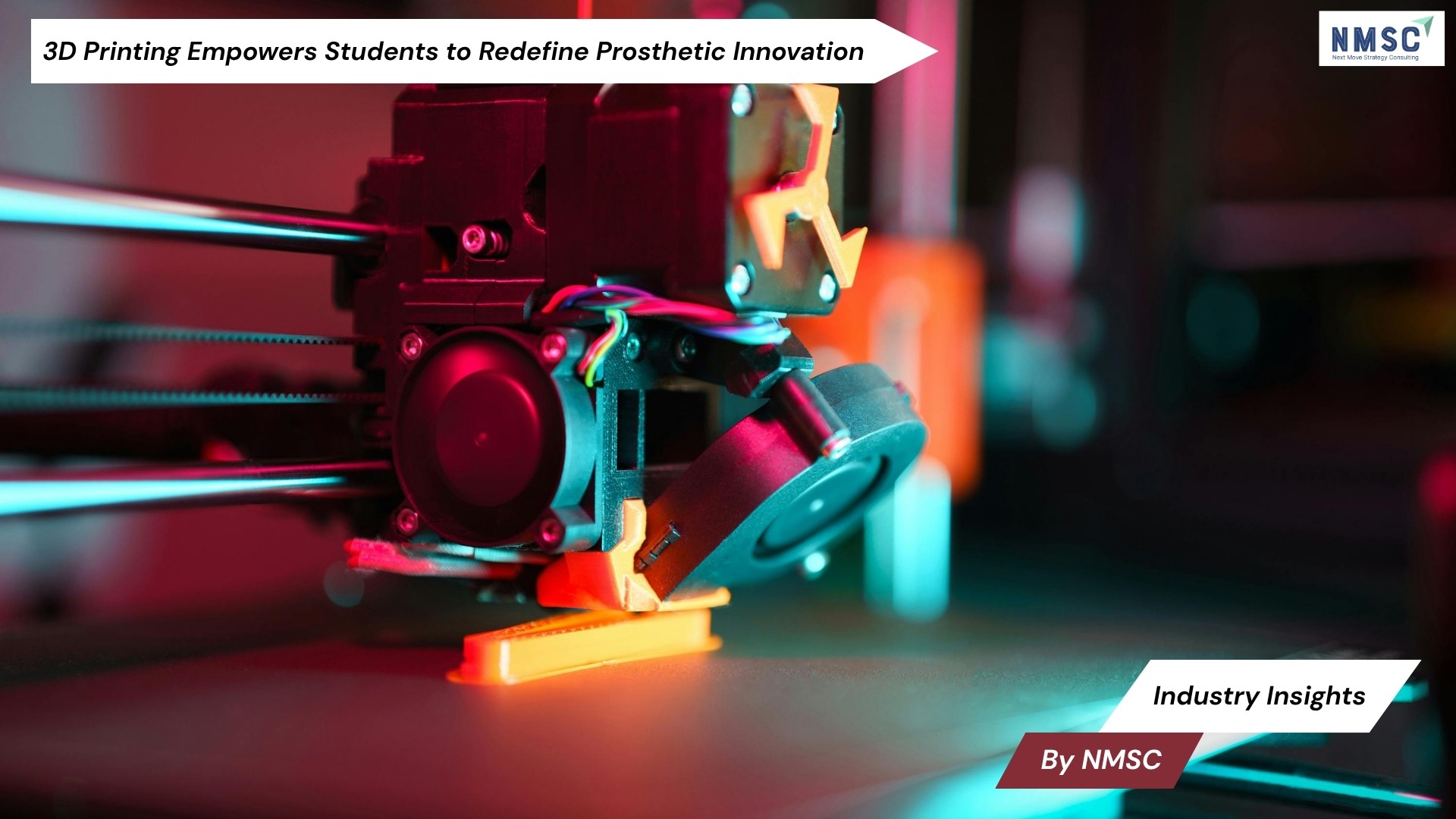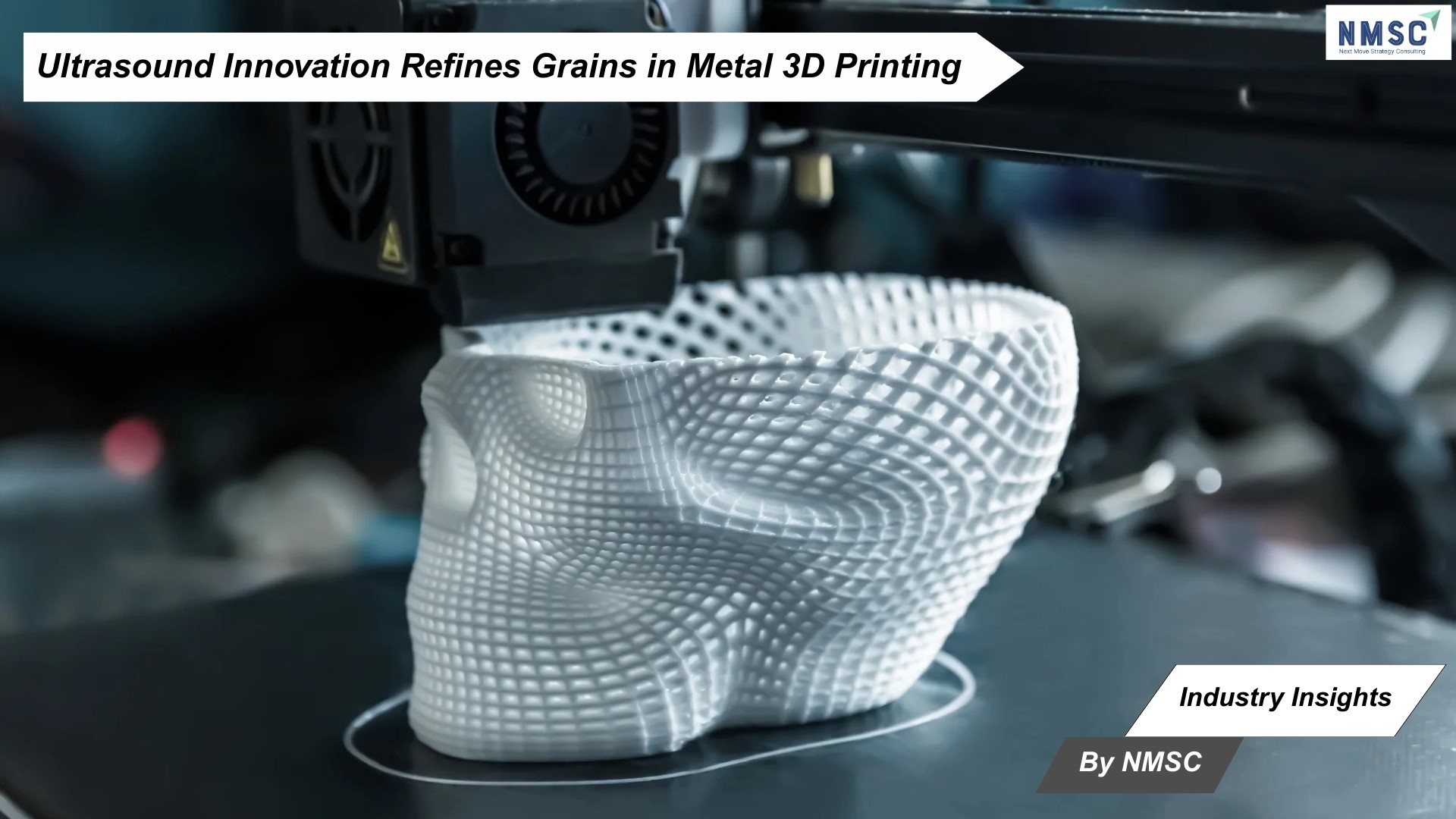Middle East Smart Display Market is expected to reach USD 2591.3 million by 2030
Published: 2025-09-01
Increasing government initiatives and the presence of key market players are driving up demand for the Middle East Smart Display market during the forecast period.
Middle East Smart Display Market was valued at USD 697.24 million in 2022, and is predicted to reach USD 2591.3 million by 2030, with a CAGR of 16.2% from 2023 to 2030, according to new research by Next Move Strategy Consulting.
Prominent technology giants on the global stage, including Samsung, are acknowledging the market opportunities in the Middle East and actively investing in the creation of smart displays customized to meet the specific needs and preferences of the region.
These efforts involve incorporating localized languages, regional content, and compatibility with Middle Eastern home automation systems, thereby improving the overall user experience and functionality of smart displays in the area. Consequently, the smart display market in the Middle East is rapidly expanding and innovating, becoming an increasingly integral component of the burgeoning smart home ecosystem in the region.
For instance, in October 2022, Samsung Electronics inaugurated SmartThings Home in Dubai, United Arab Emirates, marking the Middle East's first Multi Device Experience space. This innovative SmartThings Home in Dubai is thoughtfully structured into four distinct zones such as Home Office, Living Room & Kitchen, Gaming, and Contents Studio. Within these zones, guests have the opportunity to immerse themselves in 15 different SmartThings scenarios.
By seamlessly connecting SmartThings with a wide range of Samsung devices, including mobile gadgets, home appliances, and various display products, visitors can directly encounter how these technologies enhance daily life with enhanced convenience and enjoyment. This initiative demonstrates Samsung's commitment to advancing the smart display market by showcasing the synergy of smart devices and offering tangible experiences that resonate with consumers.
However, a significant hurdle in advancing the Smart Display market stems from the absence of standardized procedures. When standardized protocols are lacking, it may encourage manufacturers to develop their proprietary systems, making replacement or upgrades challenging. This situation can result in companies overly depending on a single vendor's technology, restricting their ability to collaborate with multiple service providers.
Vendor lock-in can lead to increased expenses, decreased flexibility, and limited opportunities for innovation, all of which can negatively impact the growth of the Smart Display market. Apprehensions about being tied to a specific vendor's technology may dissuade companies from investing in automation systems, thereby impeding the market's expansion.
On the other hand, the increasing adoption of cloud-based automation solutions presents a significant growth opportunity for the Smart Display industry. These solutions offer several benefits such as increased efficiency, productivity, and profitability for businesses. They can be easily scaled up or down, making them suitable for businesses of all sizes.
Additionally, cloud-based solutions offer enhanced control and transparency within industrial processes, resulting in substantial reductions in expenses related to the upkeep and enhancement of hardware, software, and infrastructure.
This cost-saving feature allows companies to redirect resources towards their core competencies and other strategic areas of their operations. The increasing adoption of cloud-based solutions for handling and harnessing 3D data acquired from reality capture devices indicates a noticeable surge in interest toward embracing these technologies.
For instance, in January 2022, Accenture made a strategic investment via Accenture Ventures in Cintoo, a company that offers cloud-based solutions for the management and utilization of 3D data acquired from reality capture devices. As a result, continued growth and innovation in the Smart Display industry is expected in the future.
Request for a Sample PDF on the Middle East Smart Display Market
According to the report, leading players in the Middle East Smart Display market include Samsung Electronics Co., Ltd, Panasonic Corporation, Huawei Technologies Co., Ltd, Sony Group Corporation, LG Electronics, Inc, Toshiba Corporation, Haier Smart Home Co., Ltd, Xiaomi Corporation, TCL Technology Group Corporation, Hisense Group Co., Ltd, Koninklijke Philips N.V, Microsoft Corporation, Barco NV, Vestel Elektronik Sanayi Ve Ticaret A.Ş, BenQ Corporation
Key Insights from the Middle East Smart Display Market Report:
-
The information related to key drivers, restraints, and opportunities and their impact on the Middle East Smart Display market is provided in the report.
-
The value chain analysis in the market study provides a clear picture of the roles of each stakeholder.
-
The market share of players in the Middle East Smart Display market is provided in the report along with their competitive analysis.
















Add Comment